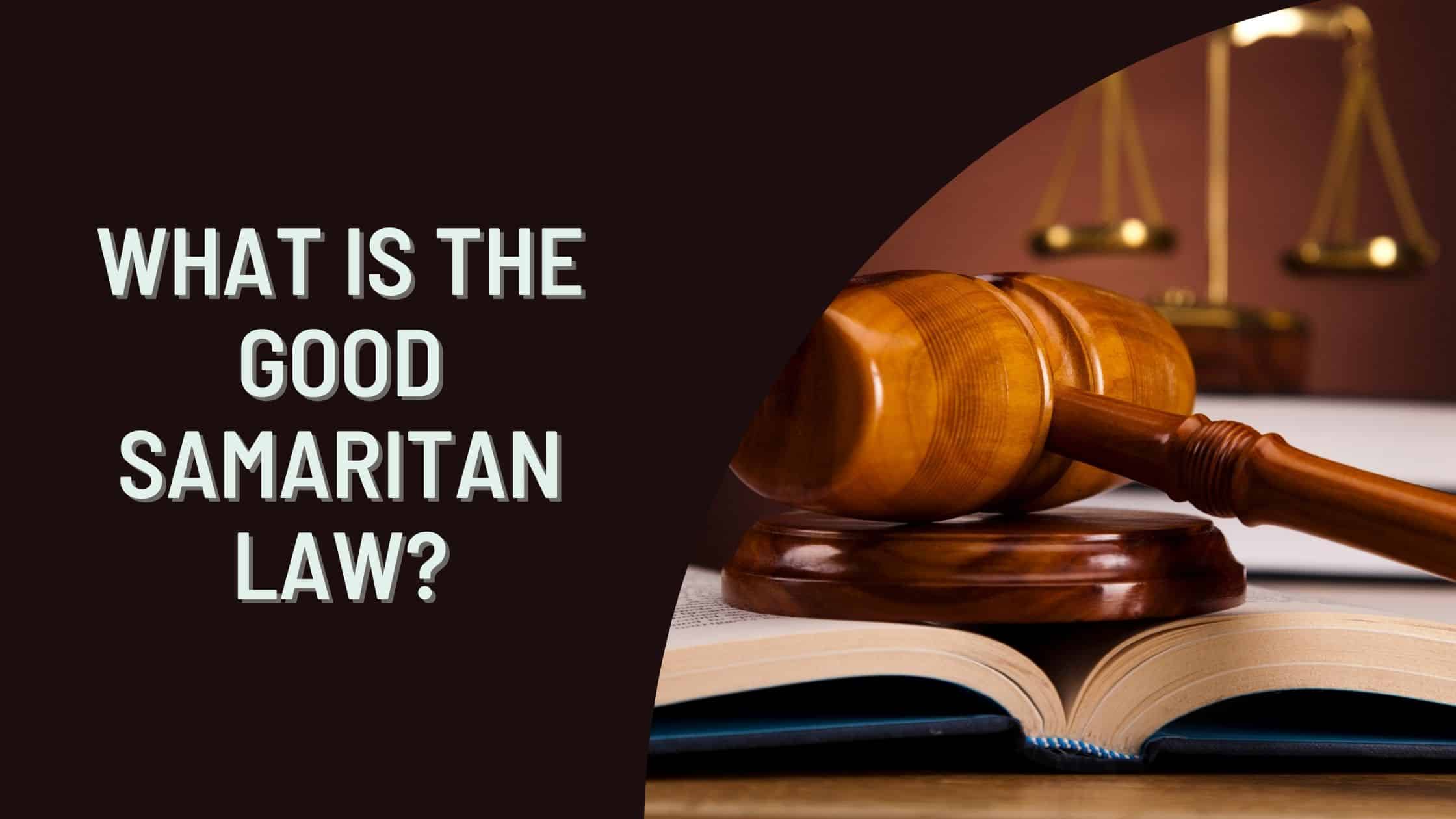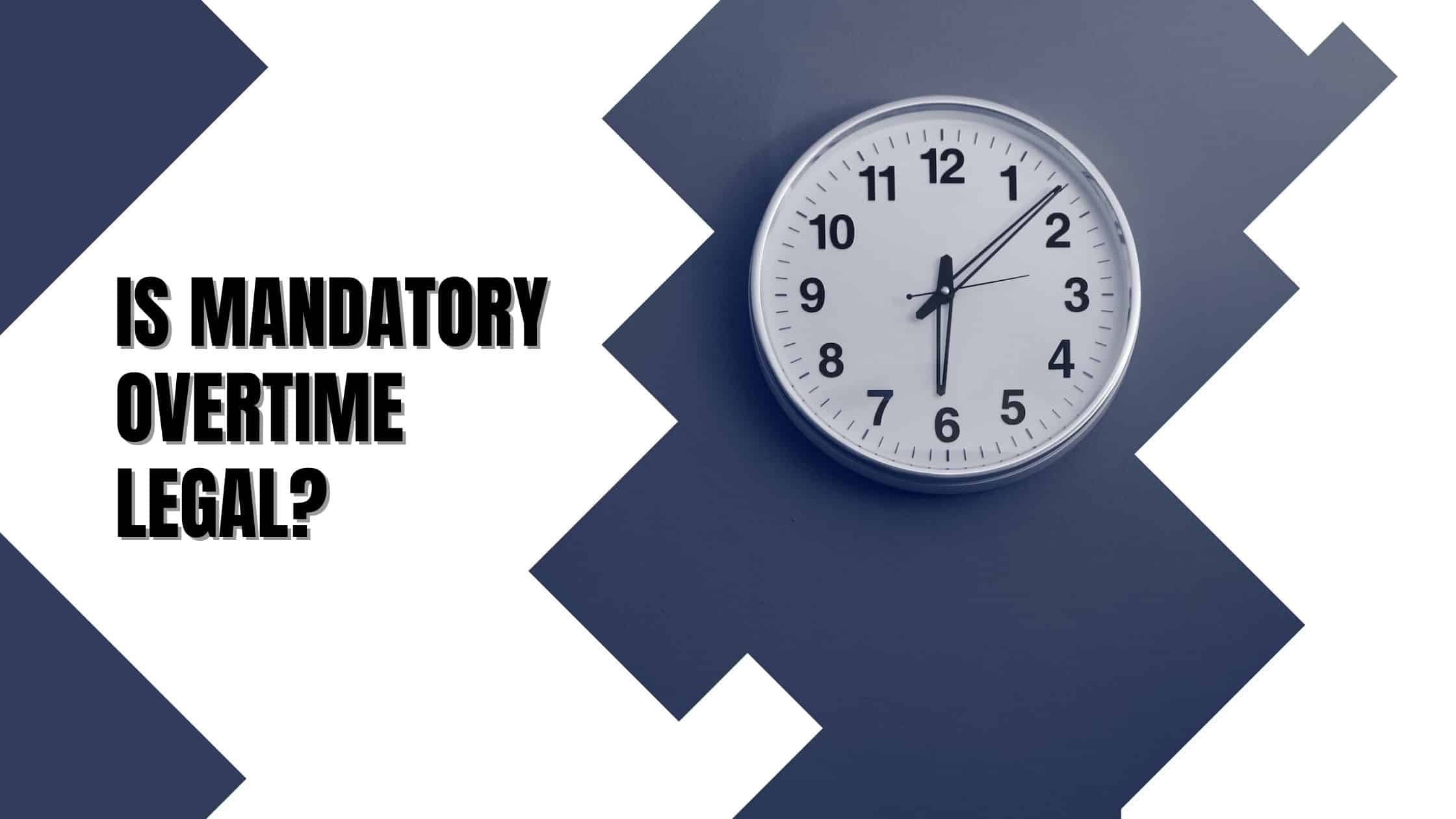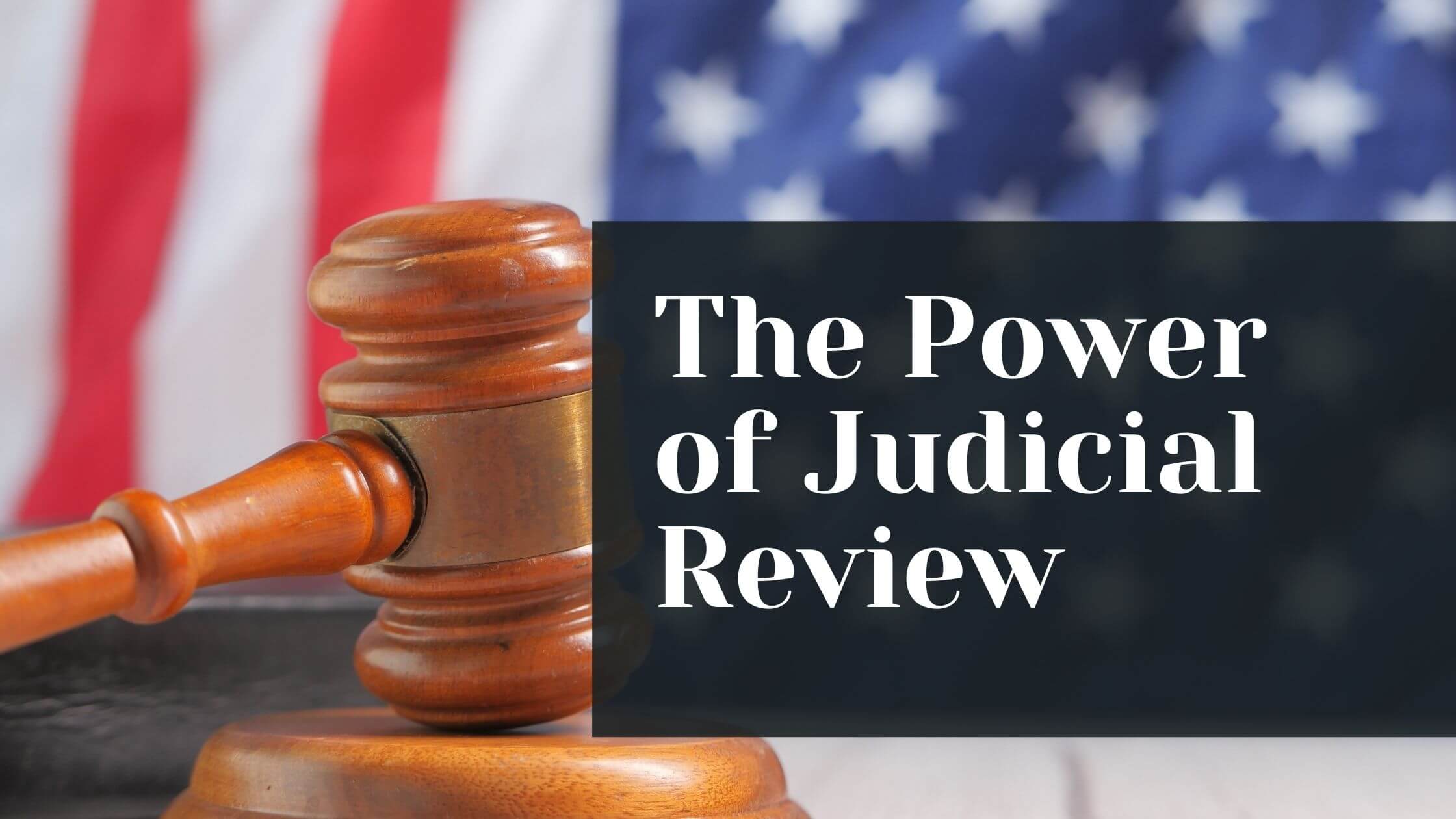Table of Contents
ToggleThe Good Samaritan Law protects bystanders who provide assistance in an emergency from civil liabilities if their acts cause further harm to the person in need. This law was enacted in 1975, with several additions and variations over the years.
All 50 states and the District of Columbia have a Good Samaritan Law. Details of the law vary in each jurisdiction, with civil liability protection differing in terms of who is covered by the law, and other penalties and elements.
History of the Good Samaritan Law in the United States
The term “Good Samaritan” is taken from a Biblical parable about a man from Samaria who provides help to a Jewish man who is robbed, beaten, and left on the side of the road.
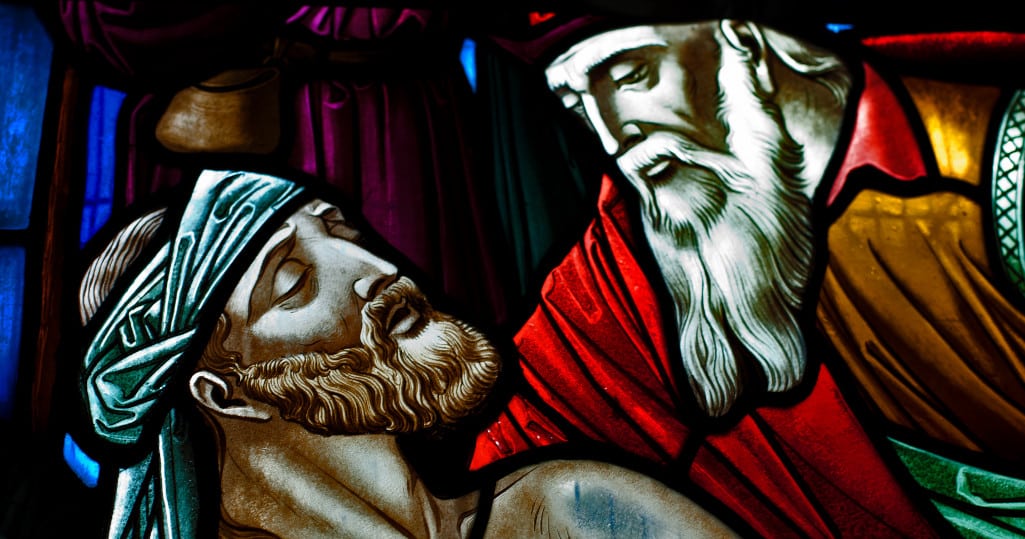
Before the Good Samaritan Act was enacted into law in the United States, there had been many cases across the country where people in need did not receive any assistance from witnesses or bystanders, which led to their death.
The “Bystander Effect” is a term used in Sociology to describe the phenomenon that happens when people won’t help if there are other witnesses or bystanders in an emergency.
In many cases, researchers concluded bystanders were less likely to come to another’s aid because of the fear of the legal repercussions that could arise if they caused more harm by extending help to victims of a medical emergency or accident.
When the Good Samaritan Law was enacted in 1975, it was limited to healthcare practitioners who assisted people needing emergency medical care outside a clinical or hospital setting.
The law eventually included laypeople who offered emergency help, although some states still have the same statutes covering healthcare professionals only.

Get Smarter on US News, History, and the Constitution
Join the thousands of fellow patriots who rely on our 5-minute newsletter to stay informed on the key events and trends that shaped our nation's past and continue to shape its present.
Why Draft a Good Samaritan Law?
The law is in place in all states of the United States to encourage people to help others in emergency medical situations.
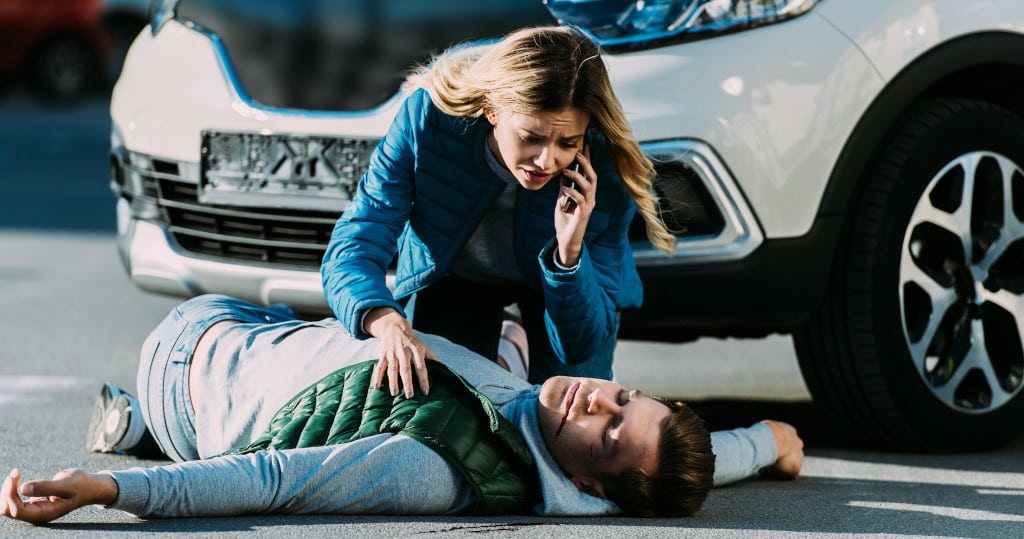
Suppose a person in need is in imminent danger, or a life-or-death situation exists. In that case, the law encourages people to offer a helping hand by calling for help or administering first aid if they are trained to do so or if they can save the person from further injury or prevent death.
The law protects the person from being sued for civil liability if the person in need sustains injuries due to his or her help.
There are four key elements to the Good Samaritan Law:
1. Consent
If the person in need is unresponsive or unconscious, implied consent applies. If the person is conscious and can respond, the bystander must ask for permission to give help.
2. The care given is reasonable
Reasonable care means the following:
- You call 911.
- Check for life-threatening conditions before giving help.
- Check if the person’s life is in danger.
- Continue assisting a trained rescuer or healthcare practitioner who arrives.

3. The situation is an emergency
The situation must be an emergency, meaning the person in need is in a life-or-death situation.
4. The person was not the one who caused the accident or injury
If these key elements are present, the Good Samaritan Law covers the person giving help.
The main purpose of the Good Samaritan Law is to improve society. A society with people who help each other is its main goal. Many people think twice about helping others because of the negative repercussions that may result from their actions.
Can You Be Sued for Being a “Good Samaritan?”
There have been many cases in the United States where Good Samaritans have been sued by the very people they helped. The answer is yes, you can be sued, but it has to be based on “Gross Negligence.”
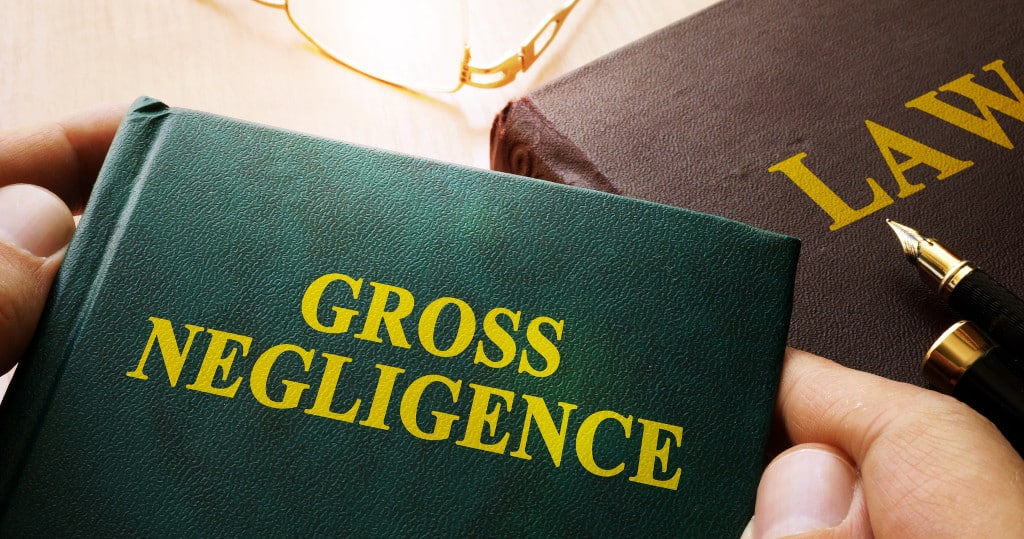
There are two kinds of negligence discussed under the Good Samaritan Law:
- Ordinary negligence
- Gross negligence
Ordinary negligence
Ordinary negligence is failing to act with care but done with good faith. Good faith is considered to be acting with an honest belief to help.
In instances where you execute help or care, there may be times when the person can suffer from pain or further injury, but you acted in good faith. The Good Samaritan Law covers ordinary negligence.
Gross negligence
Gross negligence occurs when the person who gives help holds no regard for the condition of the person in need.
It is the conscious and intentional disregard for the need of the person requiring care.
The Good Samaritan Law does not cover gross negligence, and the bystander can be held liable for the act.
Legislation That Draws on the Good Samaritan Law
Aviation Medical Assistance Act (AMAA)
The AMAA (1998) was intended to protect healthcare practitioners who assist people in need in mid-flight. It covers all healthcare professionals who render help on airlines that are registered in the United States.
Good Samaritan Drug Overdose Laws
Because of the opioid overdose crisis in the United States, Good Samaritan Drug Overdose laws have been introduced in many states to protect anyone who calls 911 to help an individual who may be suffering from a drug overdose.
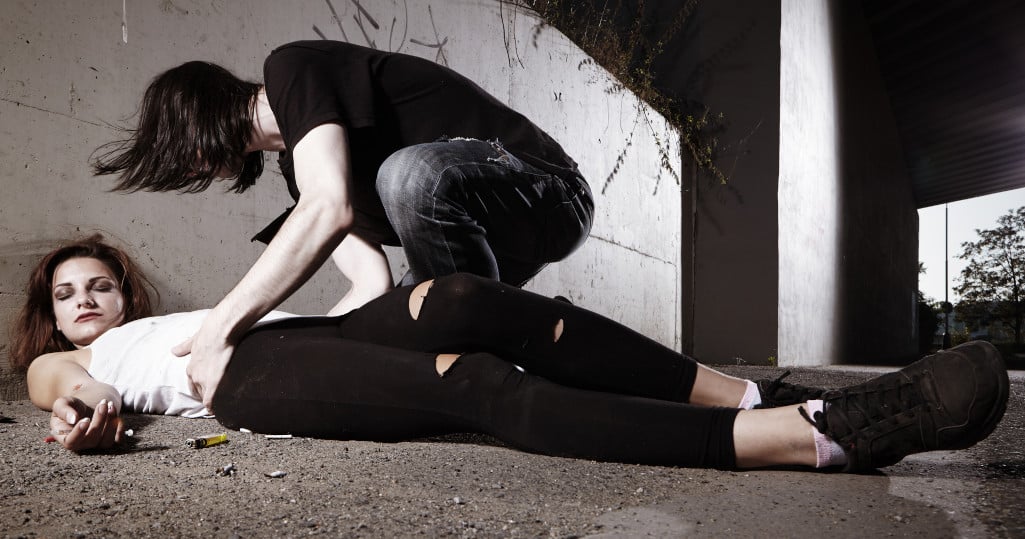
The person is generally protected from liability for possession of a controlled substance. Anyone present on the scene who remains until help arrives is also protected.
However, the laws don’t cover existing warrants, the production and trafficking of controlled substances, and other crimes.
The Bill Emerson Good Samaritan Food Donation Act
The Bill Emerson Good Samaritan Food Donation Act (1996) was created to help reduce hunger in the United States. Research reveals that many tons of leftover food is thrown in landfills every year.

The Act was introduced to encourage food manufacturing facilities and food service industries to donate food to charitable institutions by providing protection against civil liabilities from recipients becoming ill from the food being donated.
The Good Samaritan Law Differences by State
While all 50 states have Good Samaritan Laws, they differ in some details.
In Alabama, the law only shields healthcare practitioners. Bystanders who extend help and are sued for liability are not covered unless the emergency is a cardiac arrest situation. The Law covers only trained rescuers and public education employees.
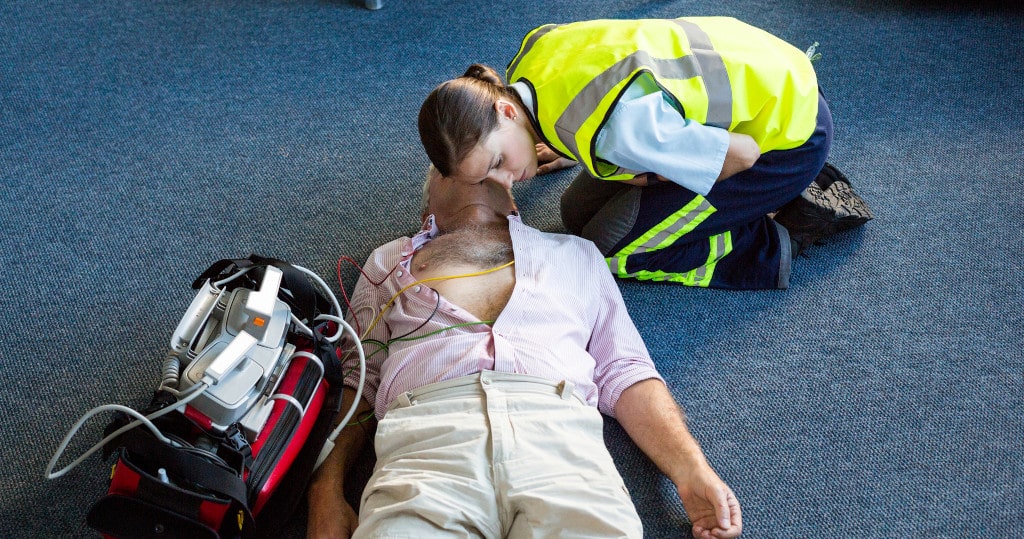
In Oklahoma, the Good Samaritan Law covers only acts of cardiopulmonary resuscitation (CPR) and controlling bleeding.
Suppose a bystander removes a passenger from a car accident or helps to remove the person from the highway after a motor accident. In that case, he is not protected from civil liability if further injury is caused to the person in need.
Minnesota, Vermont, Rhode Island, and Louisiana have a “Failure to Act” clause wherein bystanders who do not provide help to persons in need in an emergency can be charged with a penalty.
In Minnesota, for example, failure to help is a misdemeanor, with a fine of up to $300.
The Good Samaritan Law was created to encourage people to help their fellow men in an emergency. The law protects the bystander from civil liability if a further injury is caused due to the act.
However, the law’s details must be considered, such as gross negligence. Different states have different jurisdictions regarding the Law, so in cases of an emergency you witness, always act reasonably, call for help, and never execute an act you are not trained in, such as CPR.
